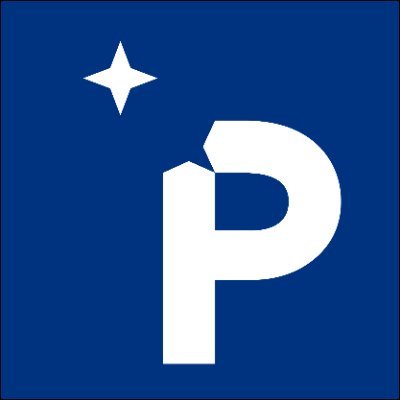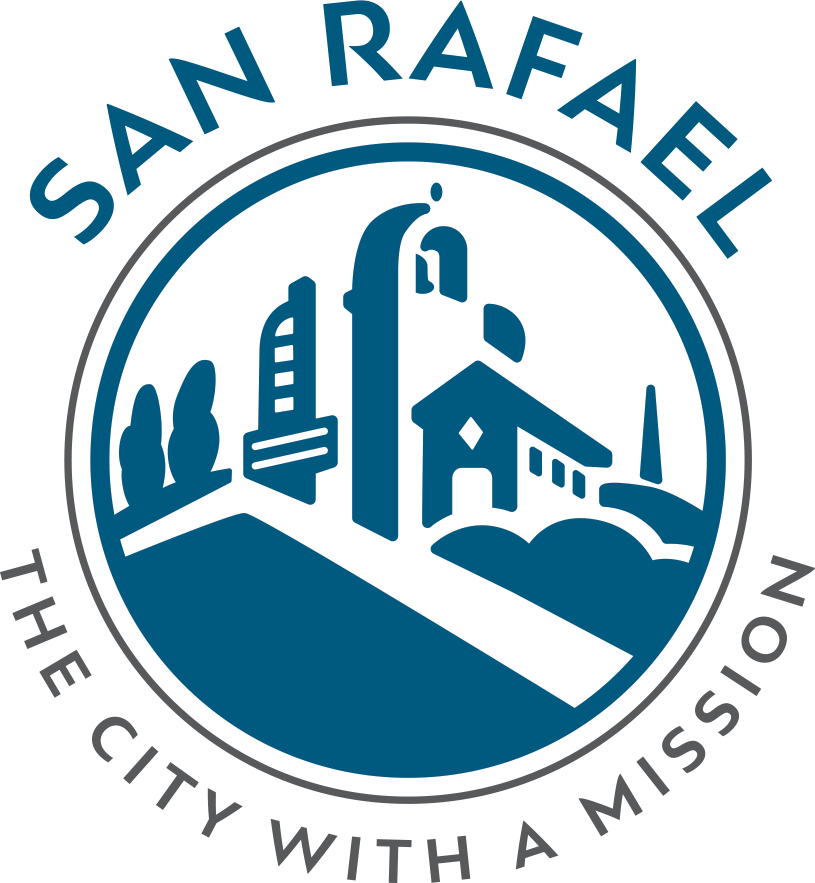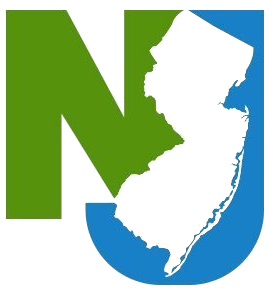User Research
User Research is about understanding “the actual experience of people”
User research is essential to delivering effective services that meet the needs of the people you serve. People come from diverse backgrounds and experiences, so it's crucial to know their stories for effective service delivery. USDR utilizes agile, data-driven user research methodologies to gather and tell these stories, helping to improve resources and services for the people who need them most, including government partners.
If you've ever built a website or stood up a service that didn't connect or work for your target audience as well as you thought it would, you might benefit from user research. By understanding the needs, experiences, and perspectives of the people you serve through user research, you can create resources that better meet their needs and improve the effectiveness of your services.
User research can help make sure the services better meet the needs of your community.
"USDR's support and expertise transformed our final design for our Twilio Flex integration for the National Human Trafficking Hotline, which Polaris operates. They took the time to learn and really understand our process and our goals. Their support led to well-thought-out, consistent designs, and valuable recommendations, resulting in significant improvements in key metrics upon launch. The entire team of volunteers we worked with were excellent and generous with their time and knowledge.”

Megan Cutter
Managing Director
National Human Trafficking Hotline at Polaris
Get the help you need, now.
USDR is fast, free, and nonpartisan.
We’ll get back to you within 48 hours.
Contact us“We are honored to see so many dedicated technologists step up to work on behalf of New York City. With technology products that work to combat hate crimes, lower language barriers, and drive digital equity, the work [...] will have a lasting impact on improving New Yorkers’ lives.”

Bill de Blasio
Mayor
New York City
“USDR has provided smart, informed, and fast help for a variety of issues. They are an invaluable resource to governments at a critical time.”

Robert Gordon
Director
Michigan Department of Health and Human Services
“Volunteers from USDR have not only helped bring incredible expertise and extra hands to us in a great time of need, they’ve provided critical-thinking skills at a time when our team is working long hours and experiencing burnout.”

Rebecca Woodbury
Director of Digital Service & Open Government
City of San Rafael
“USDR has been an invaluable source of talent, helping our office move at the ‘speed of need’... I would recommend any agency consider partnering with them to add team capacity and leverage unique skill sets in these trying times.”

Ross Dakin
New Jersey Office of Innovation













